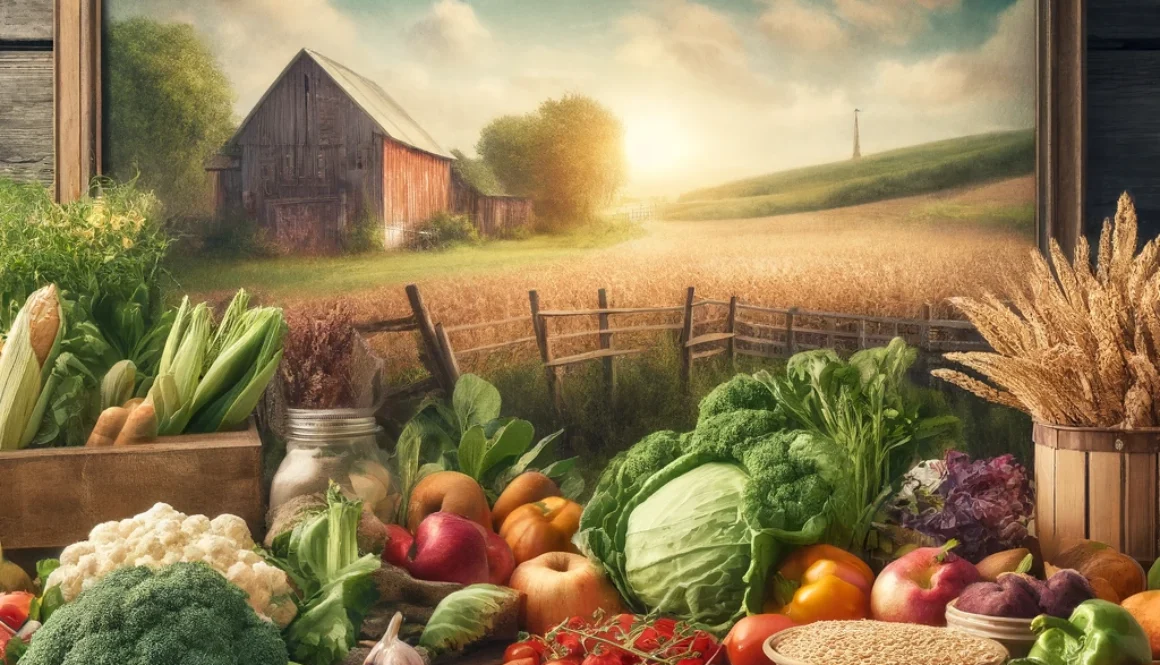How to Choose Eco-Friendly Foods
Adopting a sustainable diet is not just about choosing what we eat but also considering how our food choices impact the environment. This post will guide you through the essentials of sustainable eating and how making informed choices can contribute to a healthier planet.
What is Sustainable Eating?
Sustainable eating involves choosing foods that are not only healthy but also have a low environmental impact. This means considering how food is grown, harvested, processed, packaged, and transported.
Benefits of Sustainable Eating
- Reduces Environmental Impact: Choosing locally grown, organic foods reduces greenhouse gas emissions and conserves water.
- Supports Local Economies: Buying from local farms and markets supports local families and keeps money within the community.
- Promotes Biodiversity: Supporting organic and non-monoculture farming helps maintain a variety of plant and animal life.
How to Practice Sustainable Eating
-
Choose Local and Seasonal Foods: Foods grown locally and in season require less transportation and are fresher. Visit your local farmer’s market to find what’s in season.
-
Opt for Organic: Organic farming practices reduce pollution, conserve water, reduce soil erosion, increase soil fertility, and use less energy.
-
Reduce Meat Consumption: The production of meat, especially beef and pork, has a high environmental impact. Try incorporating more plant-based meals into your diet.
-
Minimize Processed Foods: Processed foods often come with excessive packaging and require significant energy for production. Opt for whole, natural foods.
-
Plan Your Meals and Reduce Food Waste: Planning meals can reduce the likelihood of buying unneeded food that ends up going to waste.
-
Grow Your Own: If space allows, growing your own food can be a rewarding way to ensure you are eating sustainably.
Sustainable Seafood Choices
When it comes to seafood, opt for species that are plentiful and caught or farmed in environmentally friendly ways. Look for certifications like MSC (Marine Stewardship Council) or ASC (Aquaculture Stewardship Council) on seafood products.

